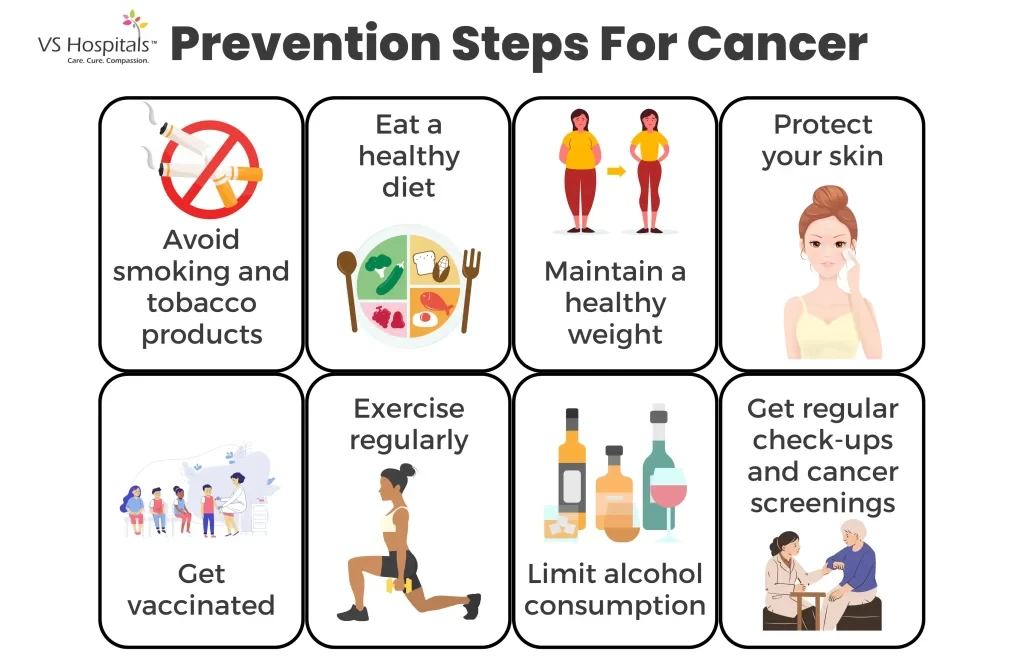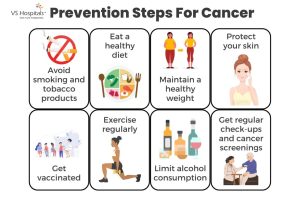
Preventing cancer is a top priority for many individuals, and lifestyle changes can play a significant role in reducing the risk of developing this deadly disease. By making simple adjustments to your daily habits, you can take proactive steps towards reducing your cancer risk and leading a healthier life.
Healthy Diet
Eating a balanced and nutritious diet can help reduce your risk of cancer. Include plenty of fruits, vegetables, whole grains, and lean proteins in your meals. Avoid processed foods, sugary drinks, and red or processed meats, as these have been linked to an increased risk of cancer. Opt for organic and non-GMO foods whenever possible to minimize exposure to harmful chemicals.
Regular Exercise
Exercise is essential for cancer prevention. Aim for at least 30 minutes of moderate physical activity most days of the week. This can include walking, jogging, swimming, or cycling. Regular exercise helps maintain a healthy weight, reduces inflammation in the body, and boosts overall immune function, all of which can lower your cancer risk.
Avoid Tobacco and Alcohol
Smoking and excessive alcohol consumption are major risk factors for cancer. If you smoke, seek help to quit, and avoid exposure to secondhand smoke. Limit alcohol intake to no more than one drink per day for women and two drinks per day for men. Quitting tobacco and moderating alcohol consumption can significantly reduce your risk of developing cancer.
Protect Against UV Radiation
Exposure to UV radiation from the sun and tanning beds increases the risk of skin cancer. Protect your skin by wearing sunscreen with an SPF of 30 or higher, seeking shade during peak sun hours, and wearing protective clothing, such as hats and sunglasses. Regular skin checks and annual dermatologist visits can also help detect skin cancer early for successful treatment.
Manage Stress
Chronic stress can weaken the immune system and promote inflammation, both of which can contribute to the development of cancer. Find healthy ways to manage stress, such as meditation, yoga, deep breathing exercises, or spending time in nature. Prioritizing self-care and relaxation can help reduce your cancer risk and improve overall well-being.
By incorporating these lifestyle changes into your daily routine, you can take proactive steps towards preventing cancer and promoting overall health. Consult with your healthcare provider for personalized recommendations tailored to your individual risk factors and medical history.

